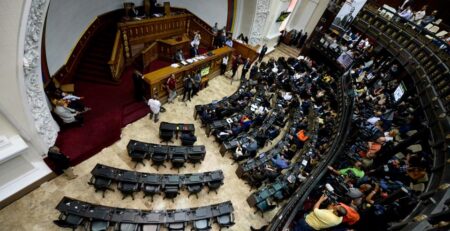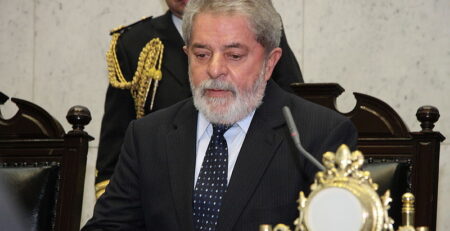Ageing and the Elderly in Rwanda – The Missing Voice
By Francis Davis
In June the Commonwealth Heads of Government (CHOGM) will meet in Kigali the capital of Rwanda . They have chosen ‘youth’ as their theme.
Despite its ferocity the Rwandan genocide remains a closed book to many outside central and East Africa. While the UN dithered and major global newspapers failed to despatch reporters to cover the carnage, 800,000 people were murdered – often by hand – in a few short months. Many in London, Paris or Washington DC still refer to the conflict as ‘tribal’, but in reality divisions between the Hutu, Tutsi and Batwa owed less to local habits than to colonial administrative classifications based on the imported ‘science of eugenics’ .
Group based pass laws comparable to apartheid South Africa’s had become a social and legal norm. The majority Catholic Church had helped design them, and in the run up to 1994 the Archbishop of Kigali sat on the ruling party’s central committee. Consequently the ageing journey of Rwandans reaching 65 is distinctive, often stressed and – because murder typically rained down on men – highly gendered.
In the coming decade Rwanda’s elder population will see an increase of 300% in its over 60’s. My research team interviewed 152 people in three localities and undertook a series of ethnographic observation walks using a tool developed by the NGO Tearfund who, with the Elise Pilkington Trust and America’s Life.Church, made the project possible.
Older people were almost entirely absent from the public sphere. Although they are perceived to be ‘wise’ and have a huge yearning to retain agency, they lack a political voice. Their lives are very hard. Water can sometimes be a two hour walk away and ‘be the colour of a strong tea’. Food is scarce, health insurance expensive (not least because until very recently the government has required families to pay personal premiums for all members before any individual could be covered).
Access to social assistance is complicated by multiple categorisations of need and desert. Indeed, the conflation of ‘tiredness’, ‘age’, ‘ill health’, ‘disability’ and frailty in language, local custom, under-skilled observation and via local community tensions and politics can leave even the most vulnerable elders unsupported.
Read more @Relief Web










